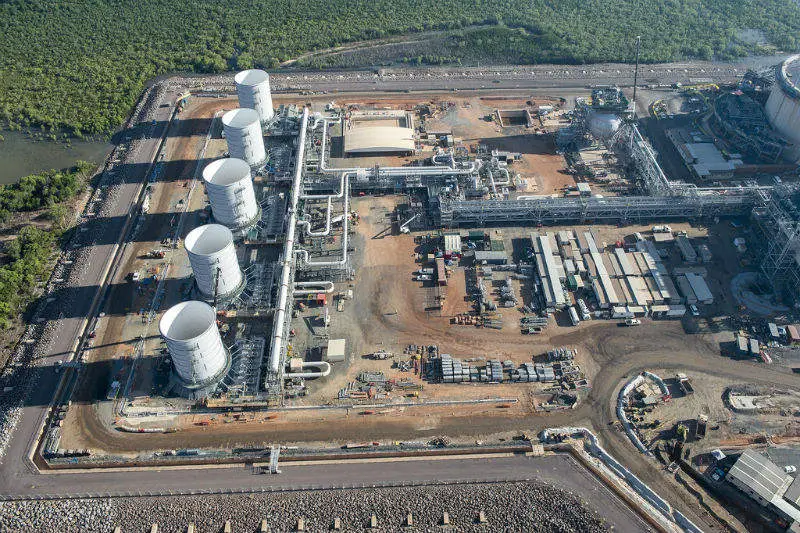Construction of two ethanol storage tanks in Mabvuku Depot, Zimbabwe are over 70% complete. The project, under National Oil Infrastructure Company of Zimbabwe (NOIC) will be completed by the end of December this year.
Two NOIC ethanol storage tanks
The state-owned company, which started operations in 2011, after being unbundled from the National Oil Company of Zimbabwe, indicated that the project will be part of the three major projects the company is in the process of rolling out.
The project scope includes ethanol road decanting facilities, ethanol storage tanks, and main pump station, piping modifications, loading control systems modifications and fire protection systems design and integration
Benefits
The US $6m project will help reduce the cost of petroleum imports amid worsening foreign currency shortages. The objective of the project is to introduce ethanol storage facilities to one of the Key Fuel Depots in the country. The Ethanol Storage makes use of the latest technology and abide by latest Engineering practices and standard.
Also read:Zimbabwean firm to construct $6m Ethanol Storage facility
Other projects
The company has also been moving ahead with the construction of a liquefied petroleum gas (LPG) depot of 2,000 tonnes capacity in Ruwa. Additionally, the company is also developing a US $9.3m A1 jet fuel handling and storage facility at the Robert Gabriel Mugabe International Airport in Harare.
The development of the project comes at a time when the government is pressing ahead with ethanol blending to cut the cost of petroleum imports amid foreign currency shortages. In June 2018, the government increased the mandatory blending ratio of unleaded petrol from 15% ethanol to 20% with immediate effect following significant improvements in the supply of ethanol from Green Fuel.
The increase of ethanol blending thresholds has increasingly become important for the country given growing demand for petrol, which is imported, at a time foreign currency needed for the imports is in critical short supply.

